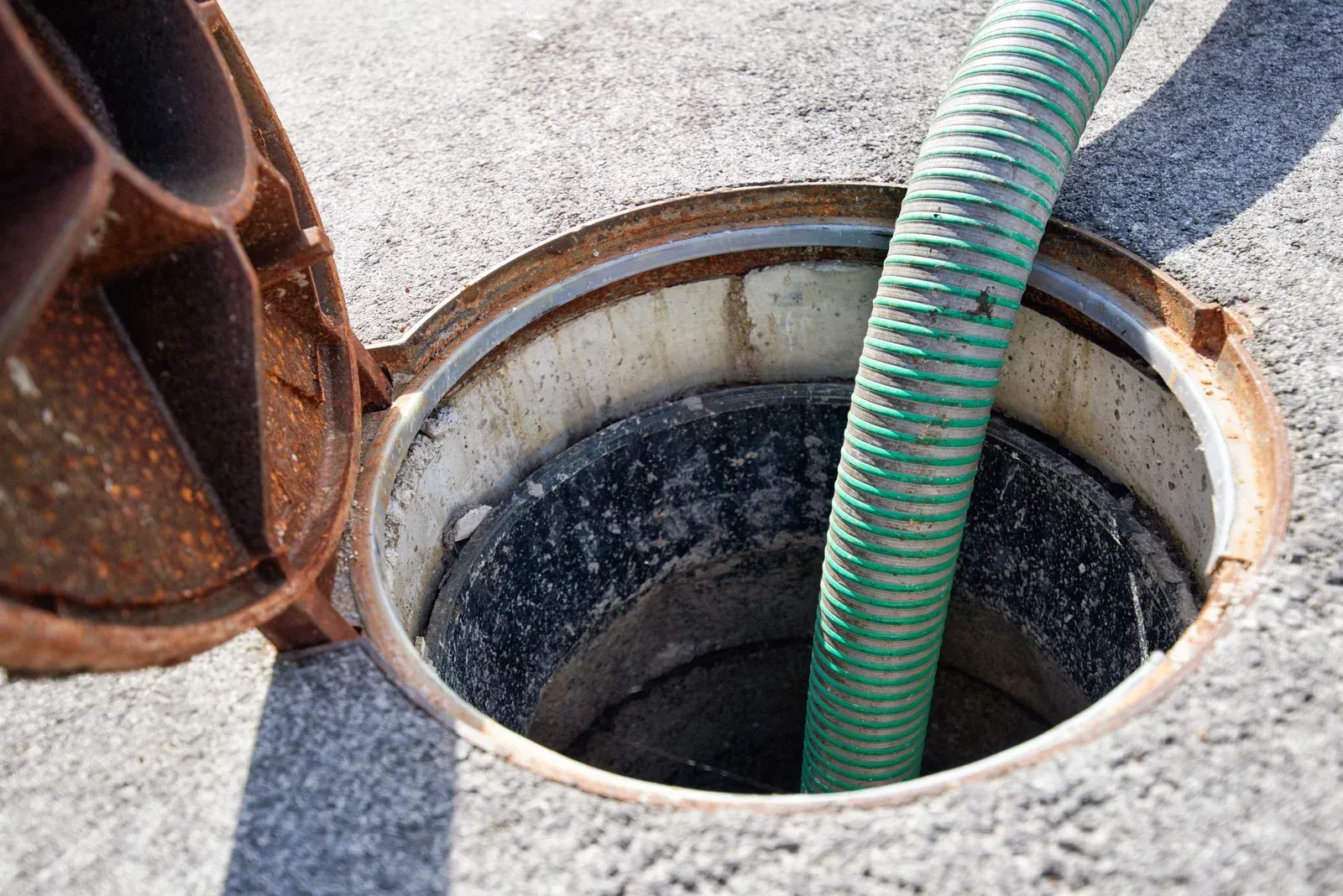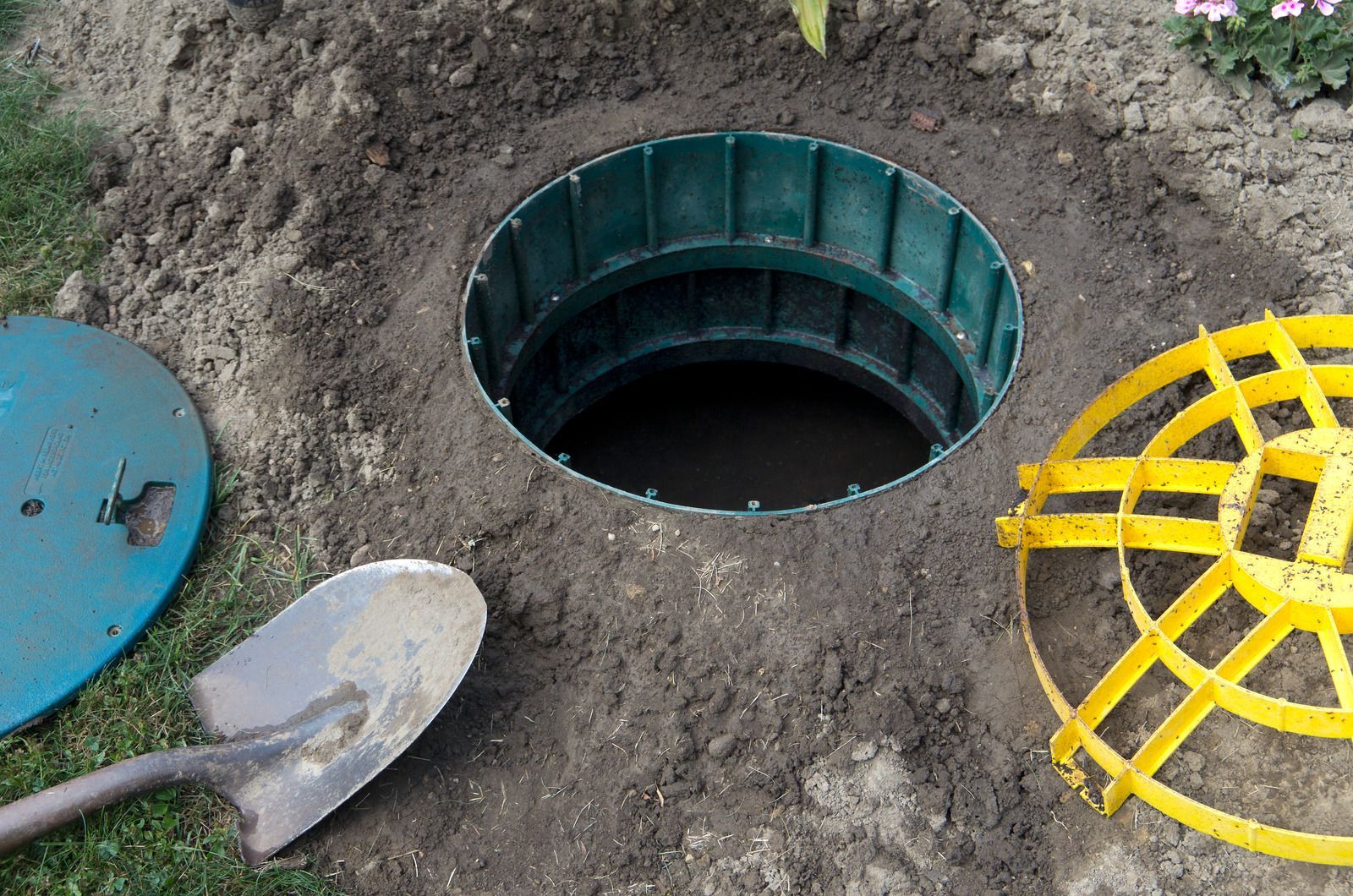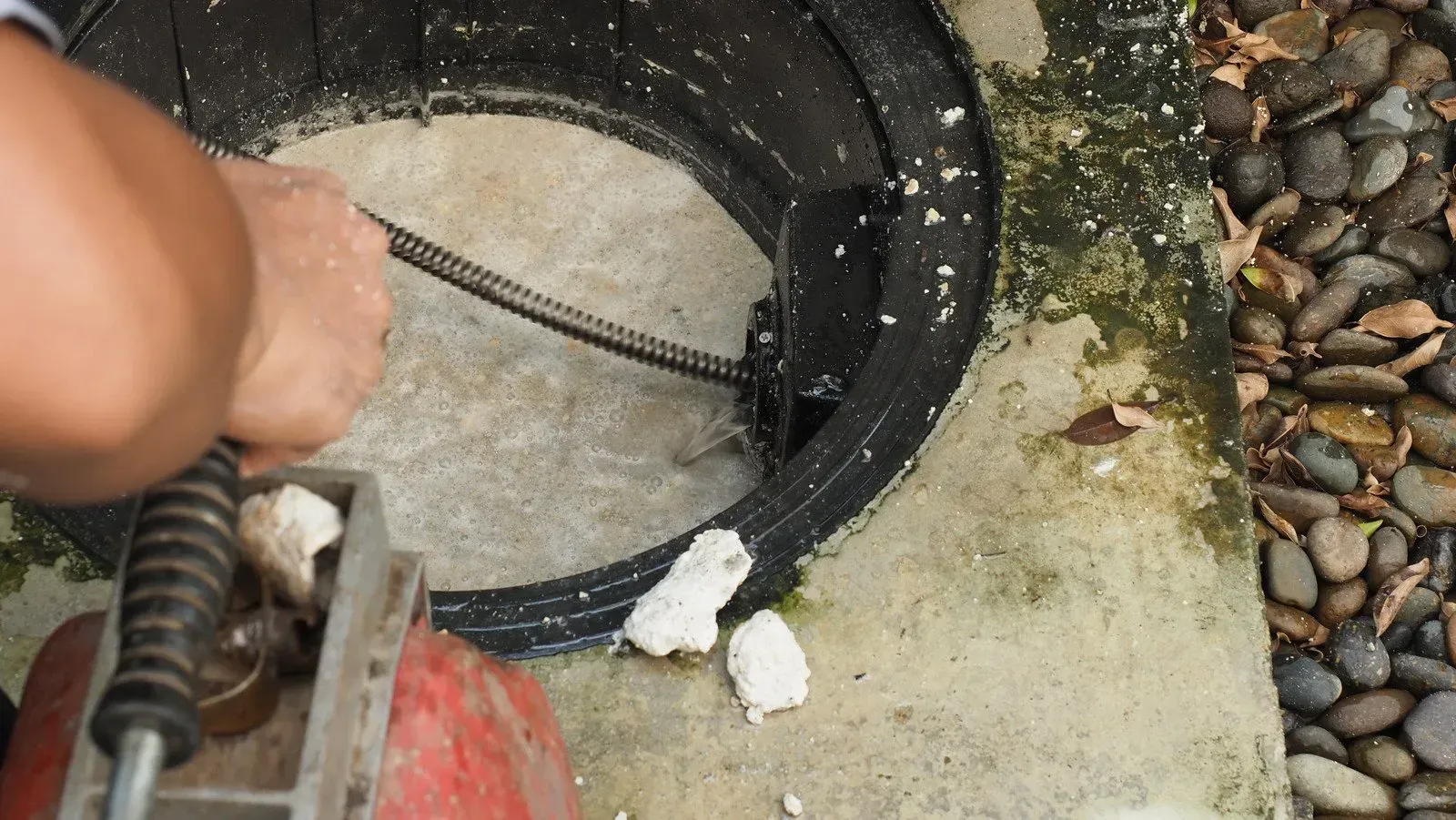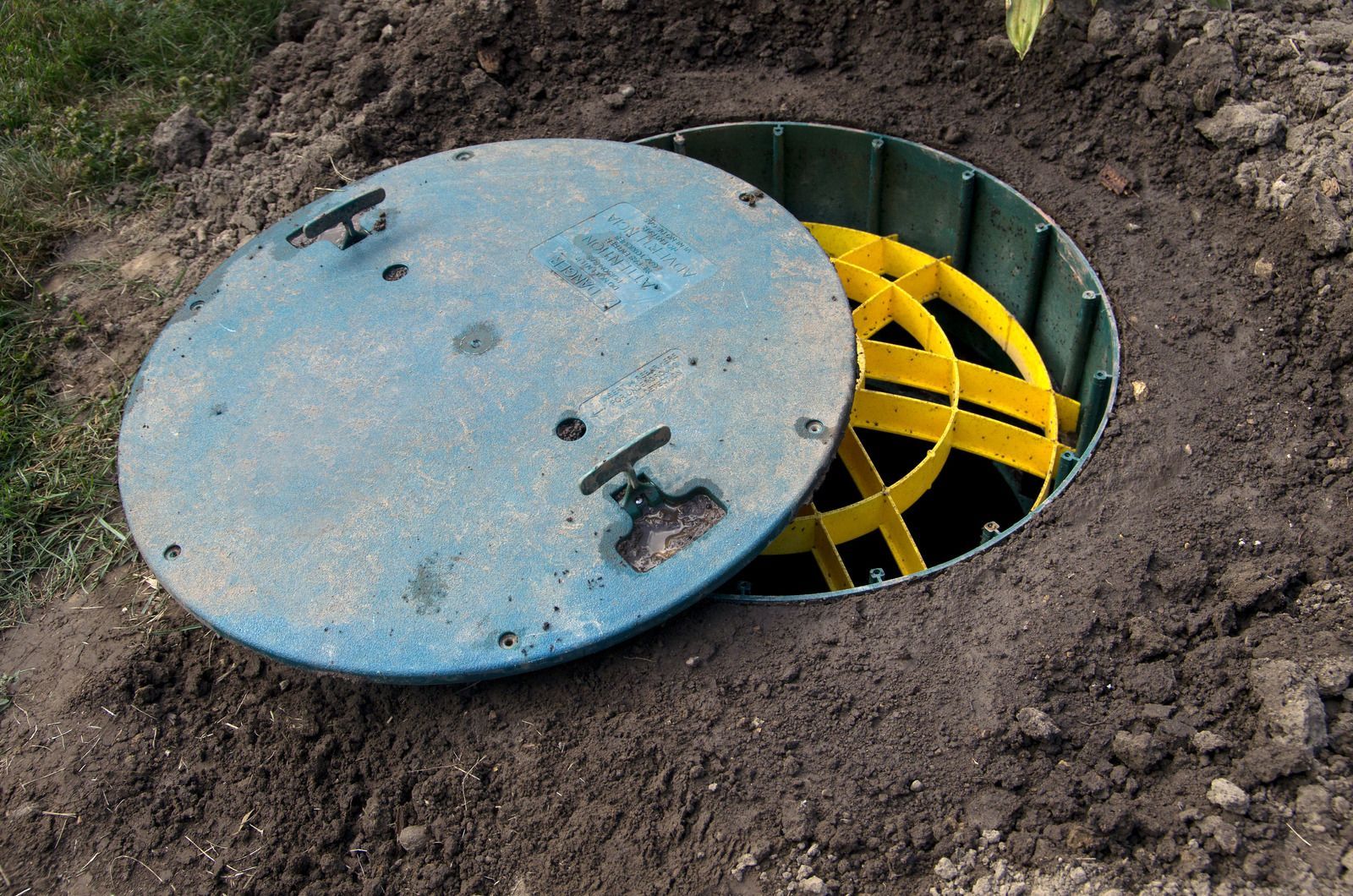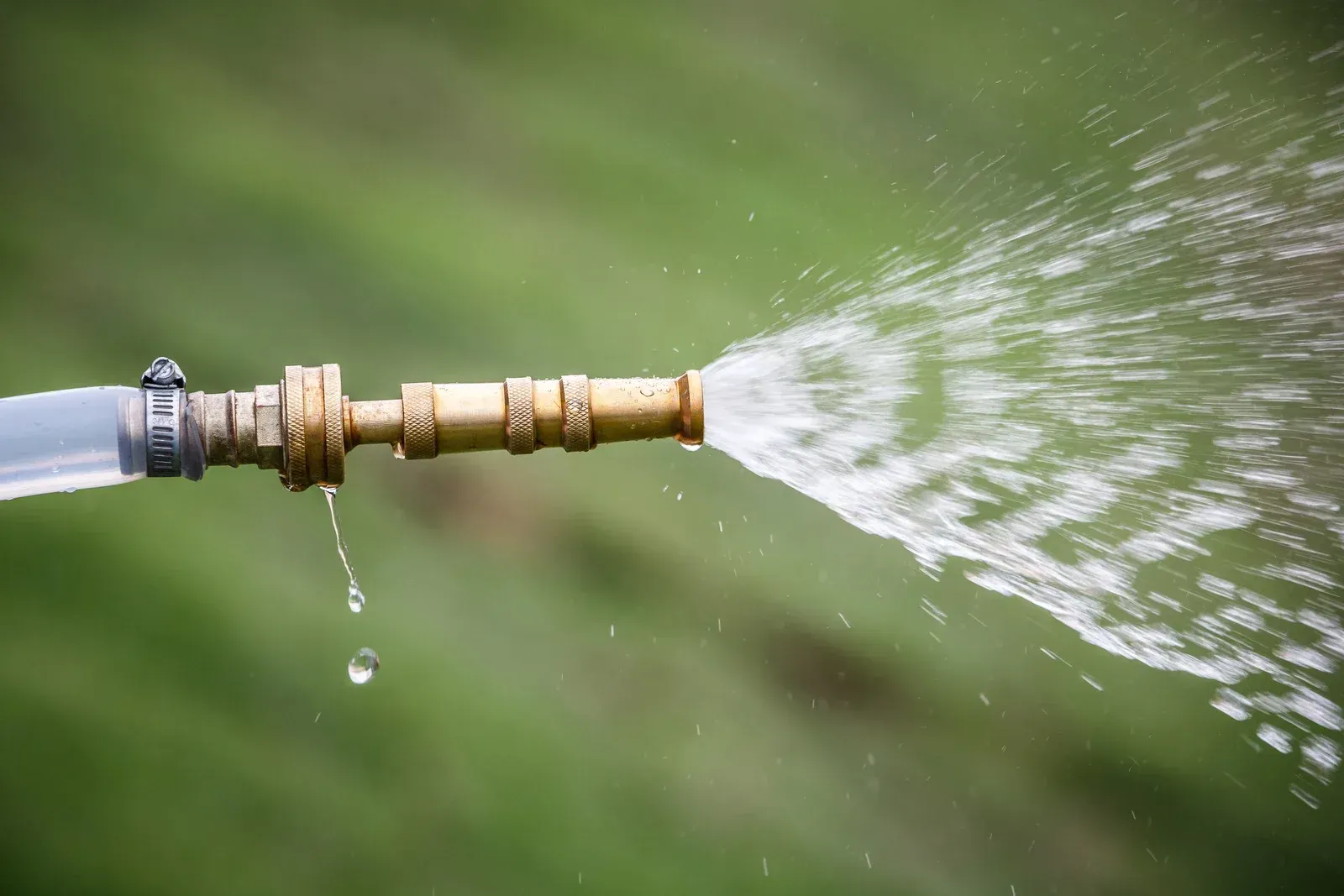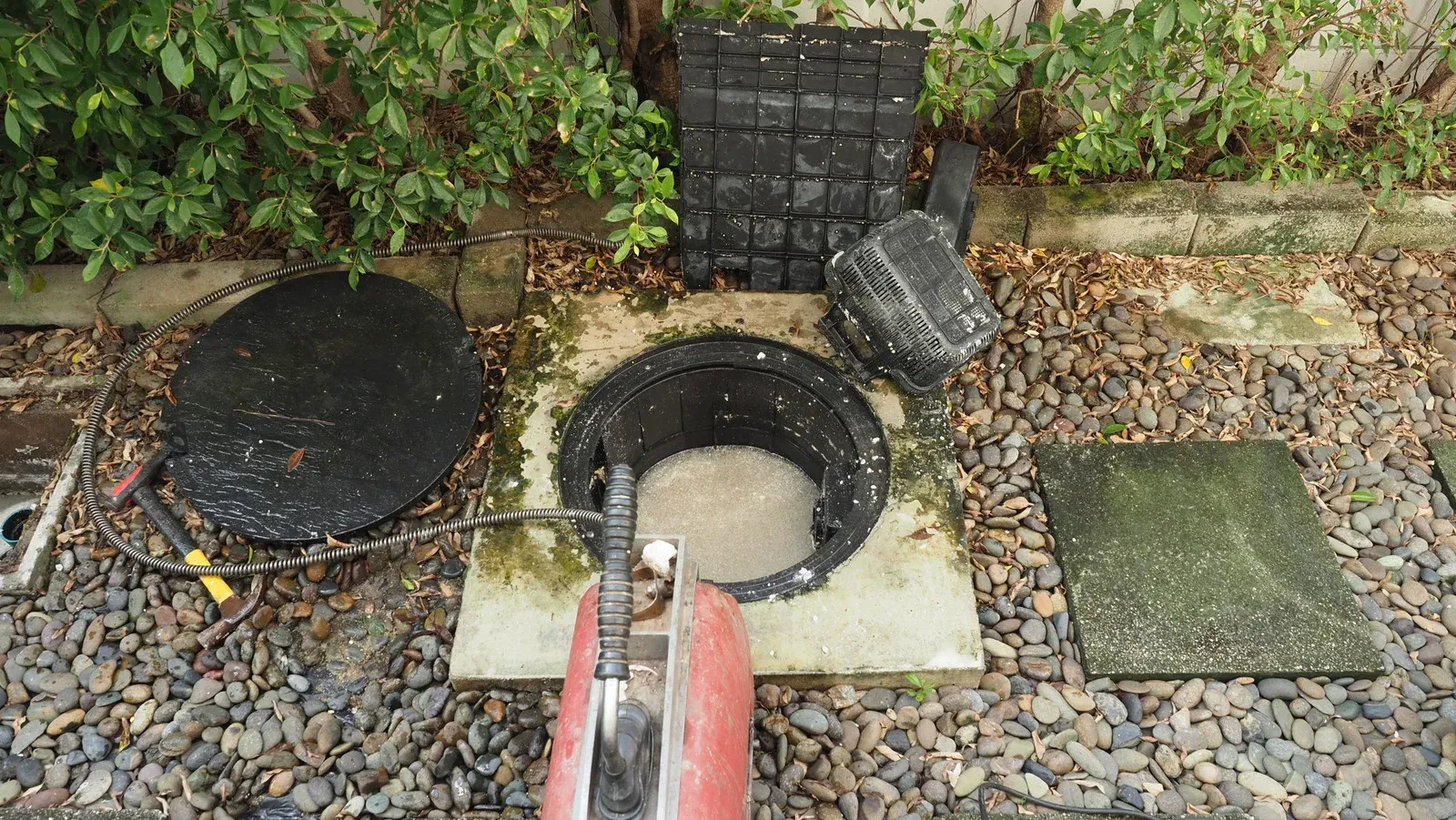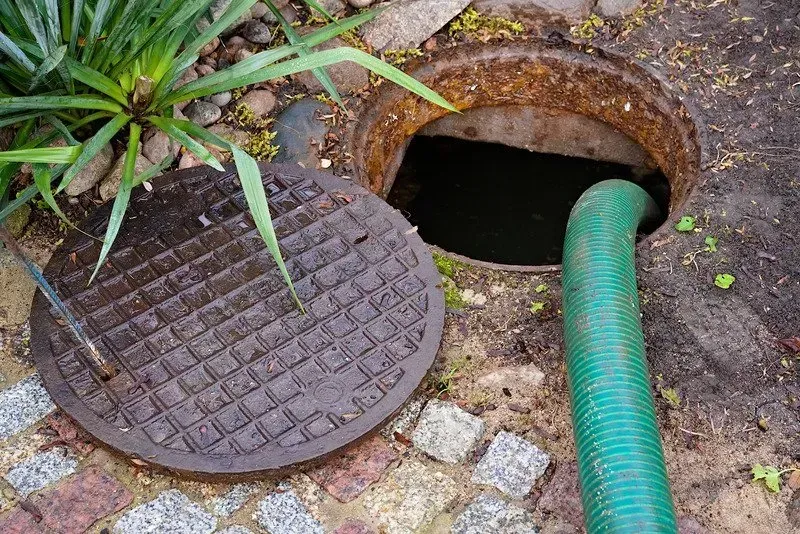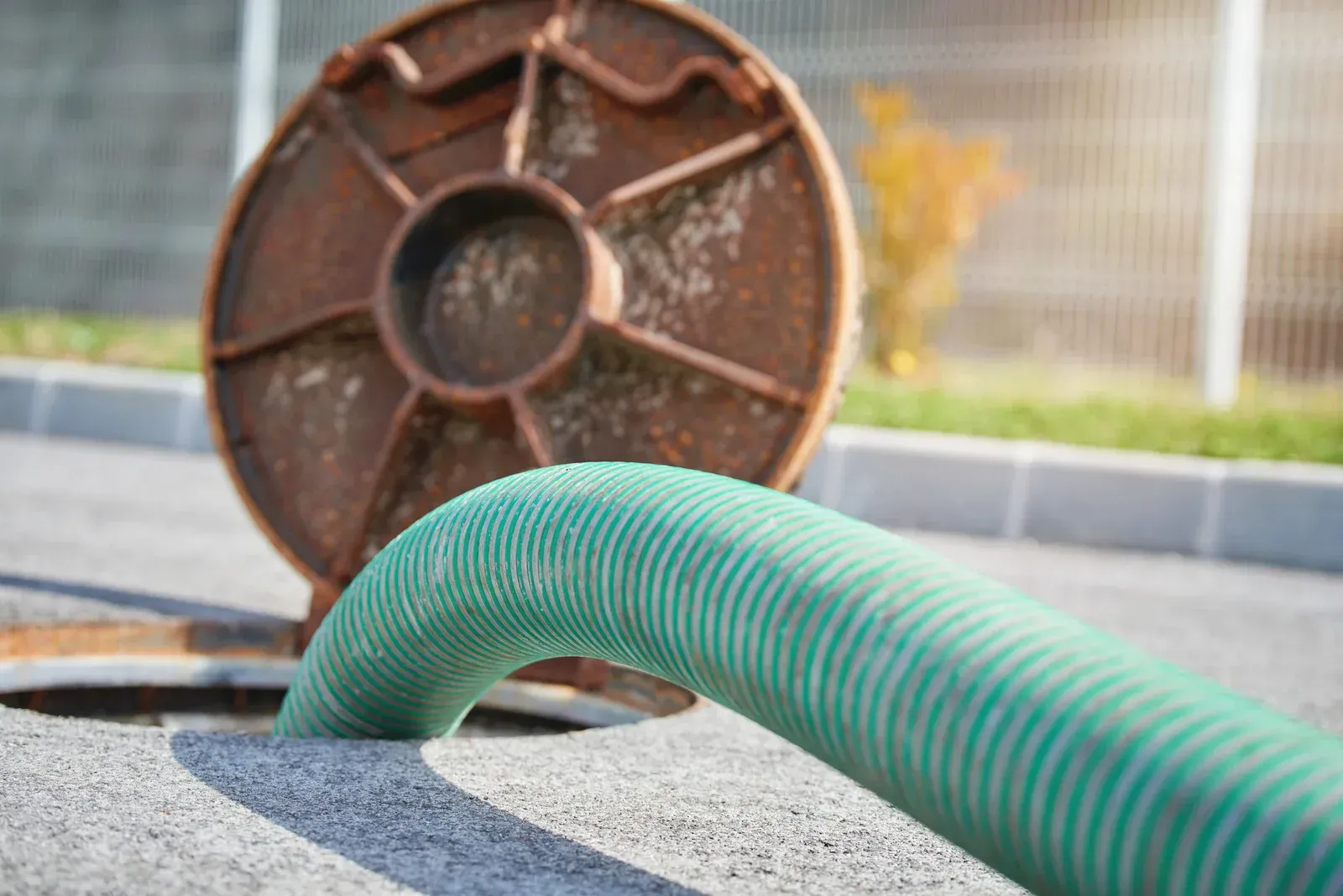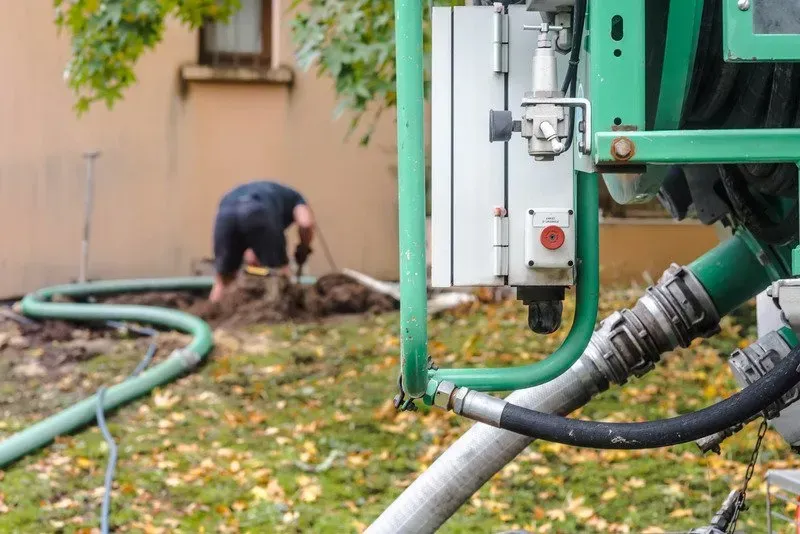The Do's and Don'ts of Septic Tank Care
Whether you're a new homeowner or have been managing a septic system for years, understanding how to care for your septic tank is essential. This guide breaks down the basics in simple, straightforward terms, helping you keep your system in top shape.
Understanding Your Septic System
What is a septic tank? It's a self-contained wastewater treatment system, usually found in rural areas without centralized sewer services. Your septic tank processes household waste, separating solids from liquids, and then safely releasing the treated water back into the environment. Keeping it functioning properly is key to a healthy home and environment..
The Do's of Septic Tank Care
1. Regular Maintenance
- Inspections: Have a professional check your septic system every 1-3 years. They can spot potential issues early.
- Pumping: Your tank needs to be pumped out every 3-5 years, depending on its size and your household usage.
2. Efficient Water Usage
- Fix Leaks: A dripping faucet can overload your system. Repair leaks quickly.
- Space Out Laundry Days: Doing all your laundry in one day can overwhelm the tank. Spread it out throughout the week.
3. Proper Waste Disposal
- Toilet Habits: Only human waste and toilet paper should go down your toilet. Even flushable wipes can cause blockages.
- Avoid Harsh Chemicals: Strong cleaning agents can harm the bacteria that break down waste in your tank.
4. Protect Your Drain Field
- No Heavy Machinery: Keep vehicles and heavy equipment off the drain field to prevent damage.
- Careful Planting: To avoid root damage, plant trees and large shrubs away from your septic system.
The Don'ts of Septic Tank Care
1. What Not to Flush
- Non-Biodegradable Items: Things like plastic, cigarette butts, and feminine hygiene products should never be flushed.
- No Grease or Oils: These can solidify in your tank, leading to clogs and backups.
2. Avoiding Chemicals and Additives
- Limited Chemical Use: Regular use of bleach and other strong cleaners can disrupt your tank's ecosystem.
- Skip Additives: Most septic systems work perfectly without additives. Some can even harm your system.
3. Being Mindful of Your System's Location
- No Construction Over Tank: Building over your septic system can lead to costly damage.
- Professional Repairs Only: DIY fixes can worsen problems. Always call a professional for repairs.
Additional Tips for Longevity
1. Monitor System Load
- Be Aware of Increased Usage: Large gatherings or additional residents can strain your system. Plan accordingly.
- Use Water-Efficient Appliances: Consider installing low-flow toilets and showerheads to reduce water consumption.
2. Educate Your Household
- Spread Awareness: Make sure everyone in your home knows what shouldn't go down the drain or toilet.
- Emergency Plan: Have a plan in case of septic system failure, including contact information for a trusted septic service company.
Conclusion
Caring for your septic tank doesn't have to be complicated. By following these simple guidelines, you can ensure your system works efficiently for years. Regular maintenance, being mindful of what goes down your drains, and being cautious about your system's physical environment is key. Remember, a little attention goes a long way in keeping your septic system and home running smoothly.
